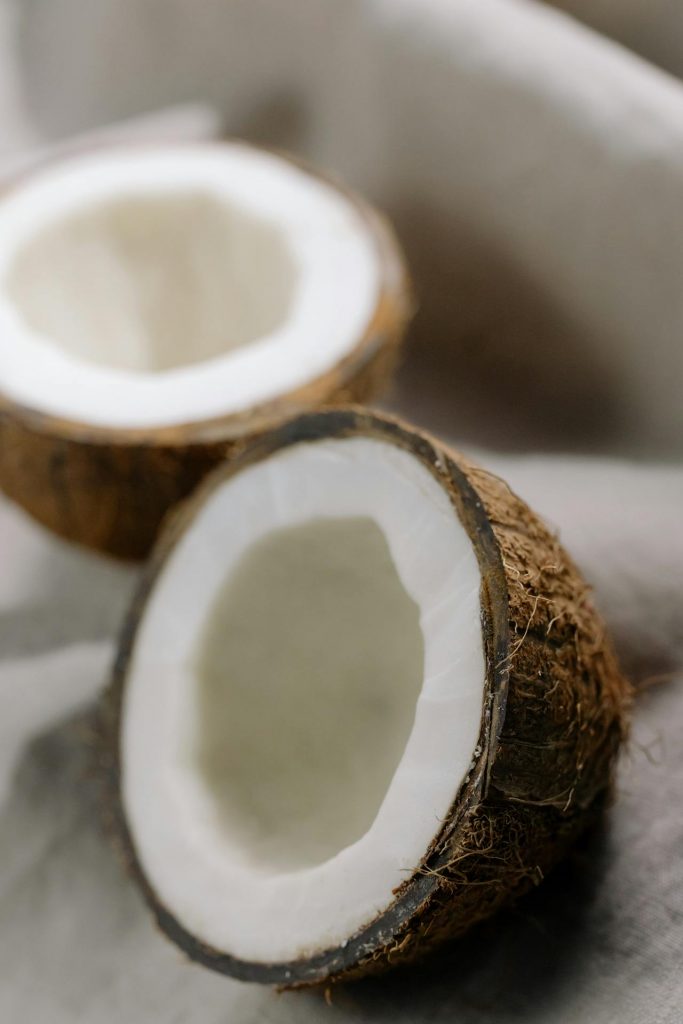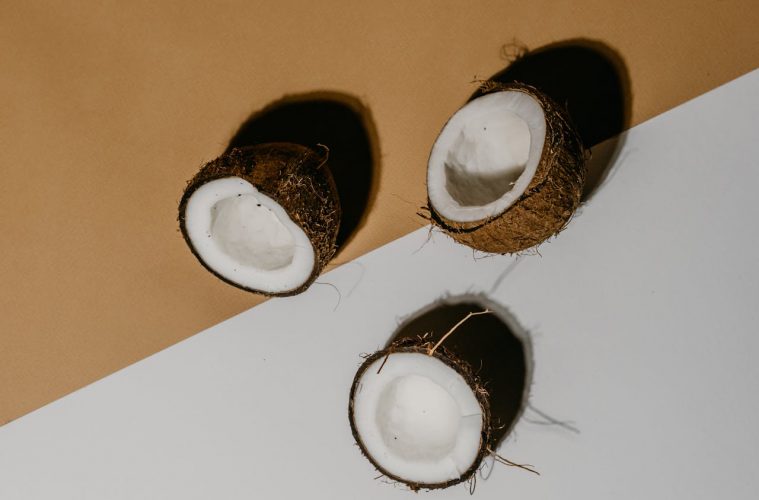Coconut coir is a fresh-smelling soil alternative that has many beneficial uses in the garden.
Coconut husks are extracted, washed, dried, and used to make coco coir, a refreshing growth medium. These husks provide limitless potential, despite their previous status as a waste product.
Coconut coir is biodegradable, but decomposes more slowly than regular peat moss. It is produced commercially and found in stores and nurseries as coco coir brick that can be dissolved in water when used.
How to use coconut coir
All varieties of coco coir are an excellent substitute for composts made of peat. It can be used expansively in horticulture items and projects, both indoors and outdoors. Coco coir is frequently a better option for indoor gardeners than conventional composts and soils due to its superior aeration and water retention.

Image credit: Pexels
Improves soil structure
Coo coir improves soil structure and aerates the soil, no matter what kind of soil it is. It can be used especially for clay soil to improve absorption. Coconut coir acts like a sponge, holding water for your plants to access. It has an impressive water retention rate.
Improve drainage and water absorption
The water-retaining property of coco coir reduces watering times, thereby making it an ideal choice for sandy soil or dry regions. This attribute, aside from conserving water, keeps plants supplied with water at all times.
Mix it in your soil
Mixing coco coir into garden soil improves plant health by reducing waterlogging, loosening clay soil texture, and aerating compacted soil structures, promoting fresh, fertile ground for healthy root growth.
Potting soil alternative
Coco coir’s lightweight and moisture-retentive properties make it an excellent choice for container gardening. It ensures that potted plants receive consistent hydration and a well-aerated environment for optimal root health.
Good for aquaponics and hydroponics
Coco coir is becoming increasingly popular in aquaponics and hydroponics. Coco coir is an excellent substrate for these soilless cultivation techniques because it can retain water and capture nutrients, leading to the growth of healthy plants.
Coconut coir is a versatile and effective alternative to soil and peat products. It has many uses to improve the ecosystem of plants. Whether it’s incorporating them in garden beds, potting plants, or setting up a hydroponic system, coco coir offers excellent water retention, aeration, and root support.
With its extensive range of uses and environmental benefits, it’s a smart choice for gardeners today who wish to cultivate healthy plants with less waste.
ALSO SEE: DISCOVER THE TOP HEALTH BENEFITS OF COCONUT WATER
Featured image: Pexels

